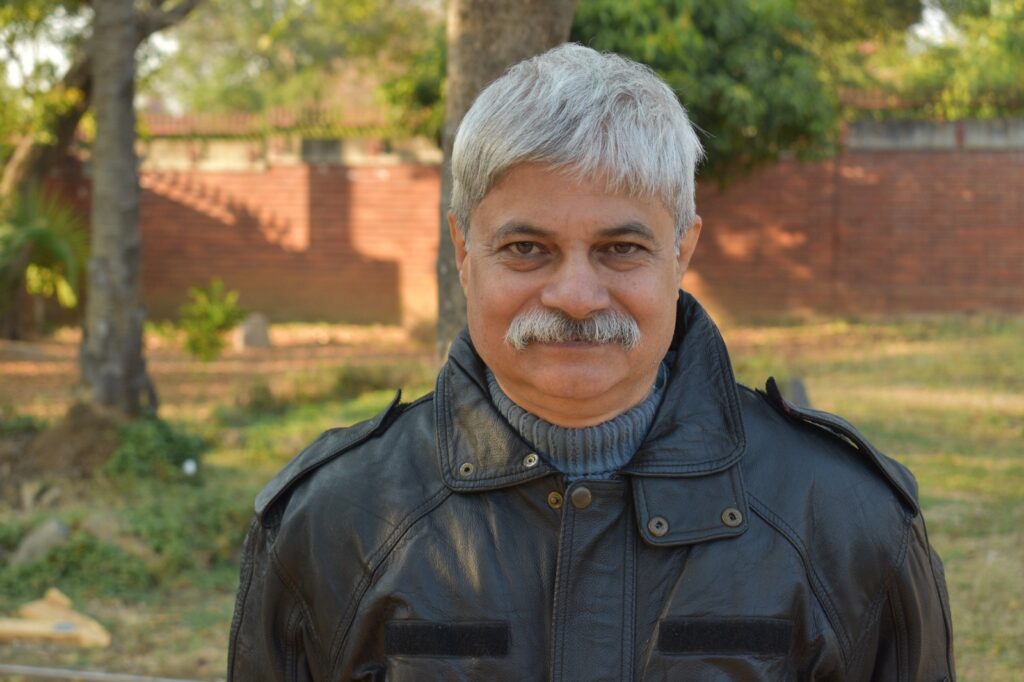Culture is learned behaviour. This is our software that like AI, enables us to relate, to create, to enjoy. Unfortunately, cultural ethnocentrism could also lead to factionalism, to enmity, to killings. Linked to an ethnic group it could also lead to Genocide. One of my early studies was on the Rwanda genocide. Since all of you are familiar with this, there is no need of saying more.
Cultural problems mired the early Church. The Church saw itself as Jewish, but the Spirit led it outward. The First Jerusalem council was a heated meeting but it finally listened to the spirit and opened up to the Hellenists. There were still residual problems, since Hellenists claimed their widows were being neglected and this led to the appointment of Deacons. Later with the conversion of Constantine we became a Latin Church. As Karl Rahner puts it, it is only at Vatican II that we finally
became a world Church. Today we continue to face a new cultural challenge, the problem of Gender. A small beginning has been made – the Pope has given voting rights to some women in the Synod.
The Society of Jesus has not been any better. While we had Matteo Ricci’s and Robert de Nobili’s we also had the attempted suppression of the Syrian church liturgies in Kerala. More recently, In the Asian Continent, when Sri Lanka was in internal trouble the Sinhala and Tamil Jesuits found it difficult to get along. The General had to find a Burger to govern as provincial. In some provinces,
the caste of the superior or provincial becomes a contentious issue. The General has constantly reminded us that we belong to a Universal society, we first join the Jesuits, then a province. Yet so often we get over attached to our provinces. Flexibility and openness is part of our DNA. See how
often Ignatius uses the phrase “according to circumstance, time and place” in the Constitutions. The Ignatian retreat makes us see things from a God perspective, allows for pluralism and creativity. Just look at the meditation of the incarnation (second week) – God looking down upon the world… It is a
global, not a narrow vision we are invited to put on.
The Corporate sector too has had to deal with cultural pluralism, but their aims are clear – to make profit. I used to teach a course in intercultural communication at our local management institute at Xavier’s Mumbai. Management experts use the term Cultural Quotient (parallel to Goleman’s Emotional Quotient) -thanks to the work of Christopher Earley (2002) and Soon Ang (2003).
David Livermore (2011) suggests that cultural quotient has four aspects:
- CQ Drive: Drive is a person’s interest and confidence in functioning effectively in culturally diverse settings. There are varied ways to increase our drive. Face your biases. Visualise success. Try out new things – e.g. food, language, clothing etc. I have eaten dog meat and caterpillars! You may not want to be too adventurous – but at least try out chicken dishes from other cultures. Travel to new places. Immerse yourself in new cultures.
- CQ Knowledge: This is the ability to learn cultural customs, rituals etc. We can do this by reading up about a culture. Read a novel from another cultural context. Watch a movie made in another cultural context. Ask questions of others.
- CQ Strategy: This is the ability to plan and make course corrections. Don’t respond
immediately to a new culturally uncomfortable stimulus. Plan. Replan if it fails. Ask questions. Learn to reframe perspectives. - CQ Action: This is the ability to act in word and deed in culturally appropriate ways. Learn a repertoire of verbal and non-verbal skills. Practice them. Our bodies are really plastic – I learnt this during my field work. In the village I would have dreams in the local language Marathi, when I spent time in the city with my Jesuit community my night dreams were in English!
For ourselves as Jesuit, we have the Ignatian Examen. Do a cultural examen once in a way.
Ask questions like:
- Am I interested in other people’s cultures and way of life? Have I learnt another language, shown interest in travel/immersion in another culture? Can I manage some other foods/dress/language? Have I read/watched a novel/movie from another culture?
- Do I hold any stereotypes about particular cultures (e.g. laziness, crookedness…)?
- Who are my friends – are they all from my country/ethnic group? Do I tend to form a clique of my own culture? Or are my friendships widespread in terms of culture?
- Whom do I support for positions of leadership in a mixed culture setting?
- How have I interacted with others?
- Do I have the capacity to suspend judgement on a cultural trope till I understand it better? Or do I engage in quick prejudgements.
- With whom do I sit at meals, at class, with whom do I go out? Have I picked up any new values and ways of doing things recently from another culture?
- How would I measure my cultural agility? Or am I only stuck to certain cultures.
This does not mean that I cannot make ethical Judgements. But I must make them after due consideration. Lots of early scholars criticized caste in India, today this criticism is widespread even within Hindu society. We must challenge with respect.
An ideal Jesuit is one who can adapt quickly, anywhere, anytime. Examples abound: Matteo Ricci, Robert De Nobili, Stan Swamy. Each culture is a world. We must cultivate curiosity and wonder about the ways human beings have invented cultural worlds. In the old days geography created the need for the missionary enterprise – witness the phrase used for Jesuits: One world was not enough
for them. Today in a world torn apart by resurgent Nationalist/Ethnic strife, promoting a pluralist culture may be our challenge. We need to recognize and be the Jesus that dances in different bodies spread across the pluriverse of cultures.

Written by
Arun de Souza SJ, 13th May 2023, Arrupe Jesuit University.
